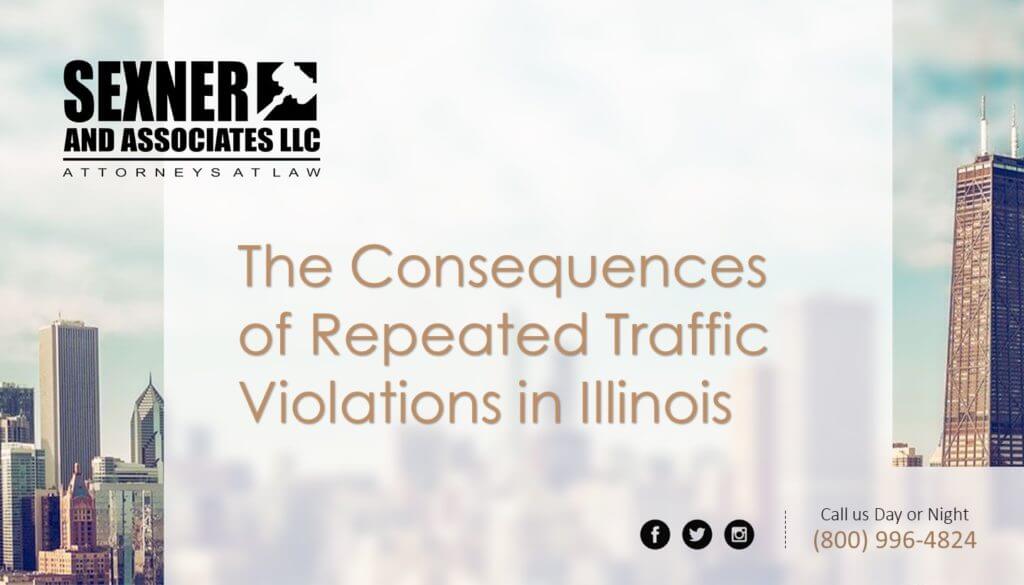
The 1985 case the People of the State of Illinois vs. Bartley gives Illinois police the right to establish sobriety checkpoints. Cops will block off parts of a road, chosen at ‘random’, and ask drivers questions. These drivers are briefly detained.
As Chicago DUI lawyers, we want you to understand what these DUI stops are, and what they mean for you. Because we are concerned for your safety, we recommend that you never drink and drive. If you have had a few beers, call a friend or a ride-sharing service. It may save your life.
Legal Challenges
The Fourth Amendment of the United States Constitution protects your right to privacy. Before police search you or your property, they must establish ‘probable cause’. This means that they cannot search you whenever they feel like it. They must have a reason to believe that you committed a crime or are committing a crime.
An example of this is when a drug dog signals that they have found an illicit substance in a car. When a drug dog ‘alerts’, this suggests that you have committed the crime of drug possession. They have the right to then search your car in this case.
In the past, many people complained that these checkpoints were unfair. People are randomly selected, and must deal with the police. The Supreme Court of the United States held that these checkpoints are fine, because delaying the drivers to ask a few questions does not have much of an impact. American case law holds that the pros outweigh the cons.
The National Highway Safety Transportation Board sets rules for DUI stops. According to these rules, police must publicize where the checkpoints are before they administer them. There are resources online to help you find when and where these DUI stops will be placed.
What to Do at a DUI Stop
In all interactions with the police, whether you are at a DUI stop or not, you should be polite and firm. It is important to keep a cool head, and make sure that you remain calm throughout the interaction. Use your reason and common sense.
Legally speaking, you have a right to avoid a DUI stop in Illinois. This right was granted in the court case the People of the State of Illinois vs. Timmsen. You can make a legal U-turn, take a different route, or otherwise find a way to get around the DUI stop. Avoiding the DUI stop in and of itself is not considered probable cause for arrest. But there are three actions that raise reasonable suspicion, and are not considered valid reasons for avoiding a DUI stop:
- When a vehicle fails to stop at the roadblock
- When the driver and a passenger swap seats just before the roadblock
- When the driver avoids the roadblock in a ‘suspicious manner’
This last one is a real sticking point. There is still some debate as to what ‘avoiding the roadblock in a suspicious manner’ means, and results vary according to jurisdiction.
You should approach the DUI checkpoint slowly, and roll down your window so the officer can talk to you. The officer will bend down to peek inside. If you are carrying anything that you do not want the cops to see, you may decide to stow it before they have a chance to find it. A breath mint may conceal what you have consumed, but only for a short period of time.
When you are at a DUI checkpoint, the officer will ask you for your license and registration, and if you have been drinking. You have to give them your license and registration, but you do not have to answer any of the questions. It is ok for you to say that you do not want to respond to something they ask.
In addition, you should not consent to a search. Police officers need warrants or probable cause before searching through your car.
Try to keep the talking to a minimum. In these cases, police are not necessarily on your side. If they ask a question, they are likely looking for something that could put you behind bars. They are hunting for clues that you are drinking and driving. A police officer is not looking for a reason to let you go. If you choose to answer questions, make sure you do not admit to violating the law. Keep your answers short and to the point.
Sometimes, you have to use your judgment. If you refuse to take a breathalyzer test, you can have your license suspended for as little as six months or for longer than a year. If you take the test and blow above a .08%, you will have your license suspended as well, and you may face jail time. Additionally, you may face a fine if charged with a DUI. If you know you have been drinking and are above the legal limit, then you should carefully weigh your options.
If you are arrested, you have the legal right to a lawyer. When the police have established probable cause, they might put you in jail. When you request an attorney, you should be as explicit as possible. Say that you want a lawyer, and that you will not answer any questions unless there is a lawyer present.
The lawyers of Mitchell S. Sexner & Associates LLC can help you out today. We are experienced Chicago DUI lawyers. Our team is reliable, experienced, and ready to assist you in your case. Call us today at (312) 644-0444.

